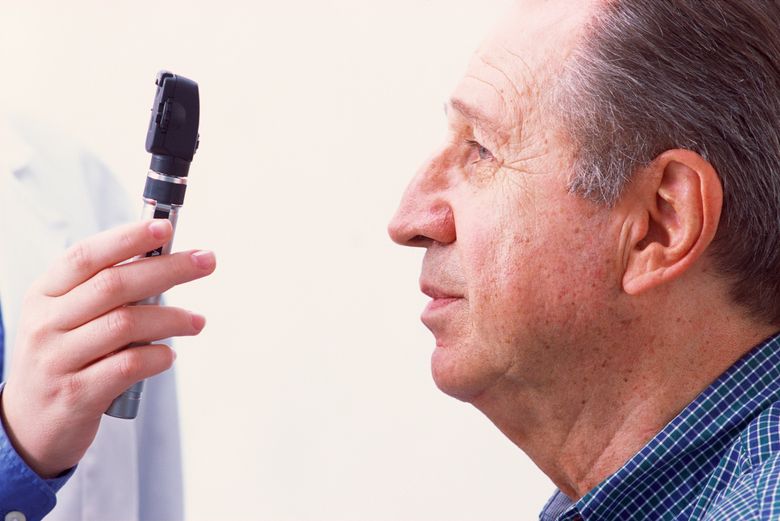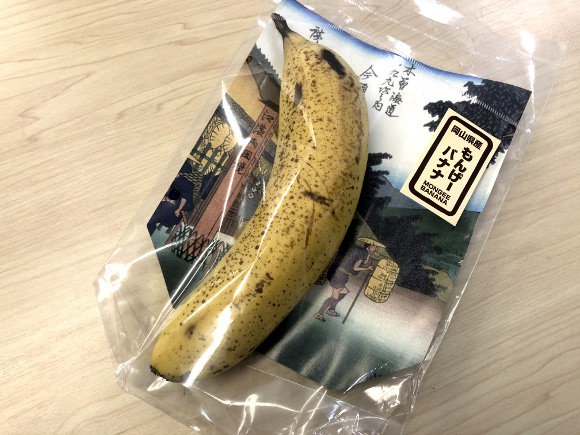
Joe and Teresa Graedon answer readers’ questions. This week: taking niacinamide to prevent skin cancer, natural ways to reduce blood-sugar levels and staving off macular degeneration.
Q: As a middle-age, fair-skin redhead, I have had several run-ins with precancerous and basal skin-cell cancers. I see my dermatologist every six months, and usually have many “rough” precancerous spots “burned” off, particularly from the back of my hands.
My friend’s son lives in Australia, and she told me about studies there showing that niacinamide supplements reduce the incidence of precancerous cell growth.
I’ve been taking 500 mg of niacinamide supplements daily for the past year, and have had zero recurrence of these rough spots on my hands. Have you heard anything about taking niacinamide to prevent some skin cancers?
A: Your friend is right that Australian dermatologists and scientists have done most of the studies in this arena. One recent review of the research concludes that nicotinamide (another name for niacinamide) holds promise for preventing both melanoma and nonmelanoma skin cancers (Photodermatology, Photoimmunology & Photomedicine, online, July 5, 2017). Another summary concludes that nicotinamide acts in several ways to reduce actinic keratoses (your rough spots) and nonmelanoma skin cancers (Australasian Journal of Dermatology, August 2017).
Q: Can you recommend a natural alternative to help reduce blood-sugar levels? At my last lab test, my fasting blood sugar was 119, though it should be under 100.
The doctor wants to test my HbA1c, but I would first like to try to bring down my sugar level naturally. I do not eat a lot of sugar or desserts. I do, however, eat white pastas and white rice. Do you think cinnamon bark would help?
A: There are a number of tactics you might want to try before the test for HbA1c, which is a measure of blood sugar over several weeks rather than at a moment in time.
In addition to adding cinnamon to your daily diet (preferably in a water-based extract), you may want to reduce your reliance on pasta and rice. You also might want to finish your meal with salad dressed with vinaigrette. Vinegar helps to prevent blood-sugar spikes after eating (Diabetes Research and Clinical Practice, May 2017).
You will find details on these and many other approaches in our “Guide to Managing Diabetes.” For a copy, please send $3 in check or money order with a long (No. 10), stamped (70 cents), self-addressed envelope to: Graedons’ People’s Pharmacy, No. DM-11, P.O. Box 52027, Durham, NC 27717-2027.
Q: Is there a good supplement for preventing macular degeneration?
A: A systematic review of the research suggests that vitamin and mineral supplements don’t prevent age-related macular degeneration (Cochrane Database of Systematic Reviews, July 30, 2017).
On the other hand, a large placebo-controlled study, the Age-Related Eye Disease Study 2 (AREDS2), showed that a multivitamin supplement containing vitamin C, vitamin E, beta-carotene and zinc could slow progression of this condition, which can lead to blindness (JAMA, May 15, 2013).
Staying physically active, not smoking and following a Mediterranean-style eating pattern appear to help prevent AMD (Oxidative Medicine and Cellular Longevity, online, Jan. 5, 2017).
[“Source-seattletimes”]

